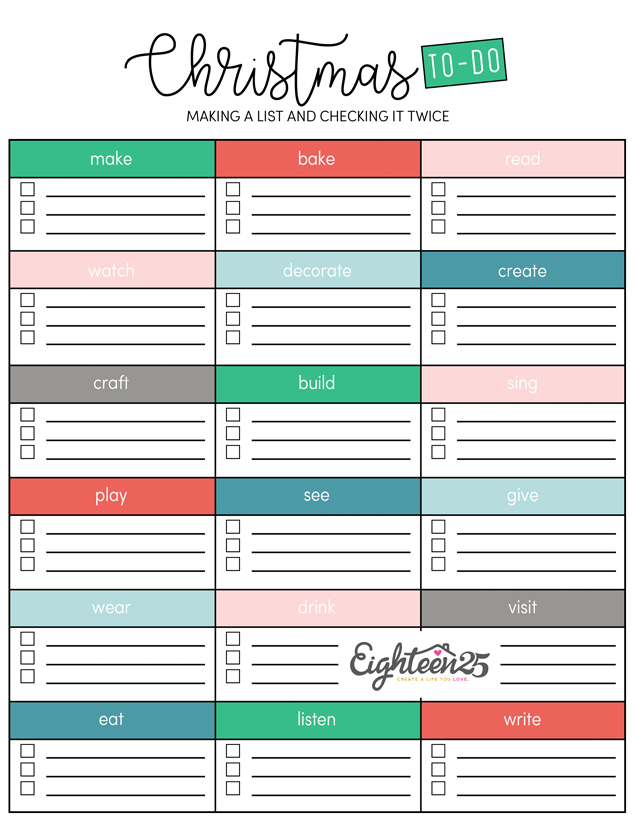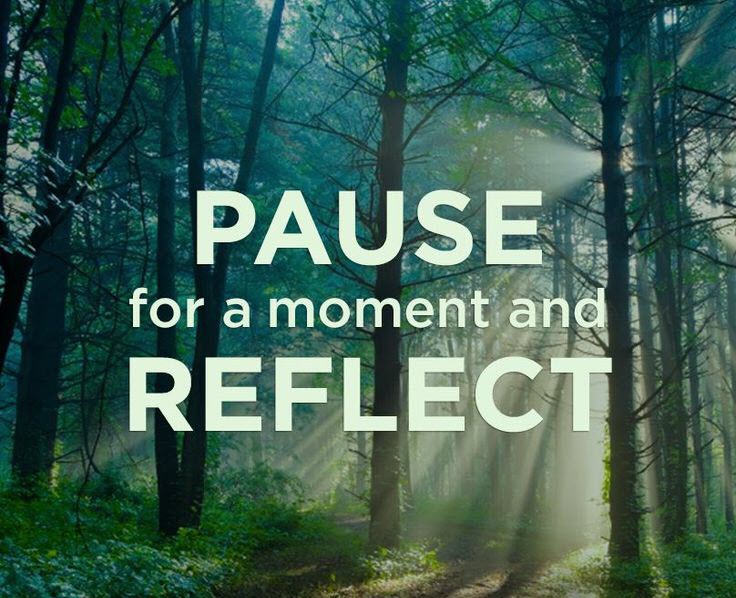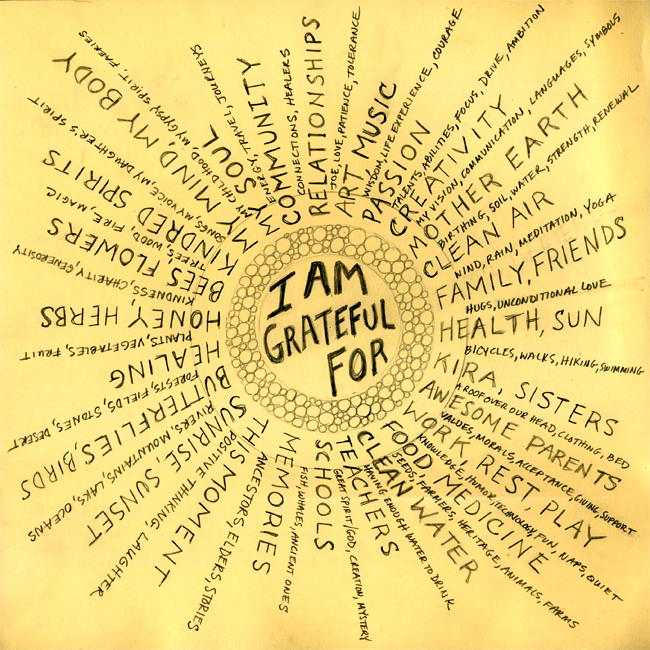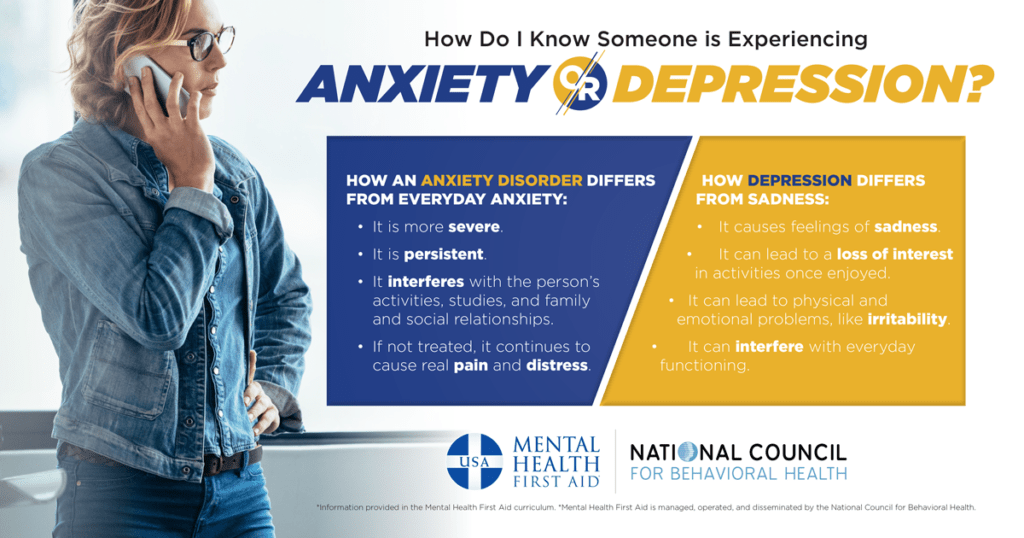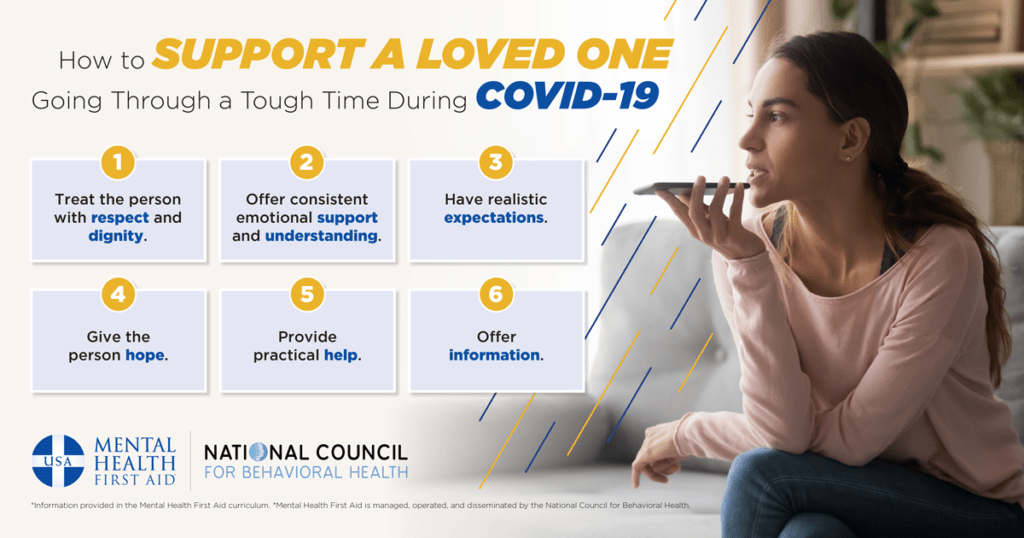Welcome to our very first blog post!
It has been a wild couple of weeks. We have been challenged in various capacities and are being thrust into technology at every moment of the day. It is our hope that we will all get through this stronger and with a deeper appreciation for the people in our lives.
To help you as we navigate these new and challenging times, HPW has created Wellness Wednesday’s, which will kick off the first week of spring quarter 2020. We will set aside 30 minutes at noon, every Wednesday of the quarter to provide you with bite sized wellness information. This is a time for our entire DePaul community, students, staff and faculty, to check-in with ourselves and one another, and spend time caring for our well-being. These will be facilitated by our HPW professional staff and our Health Education Action Team (HEAT). We will provide perspectives for our students, staff and faculty so that we can all take a beat to think about our well-being. Join us here on zoom every Wednesday at noon, starting next week!
For our kick-off week, we had an hour long webinar on Coping with Covid — you can click the below link for full access to the recording.
https://depaul.hosted.panopto.com/Panopto/Pages/Viewer.aspx?id=fa44a4bf-85ac-4207-9d79-ab89014bc49d
You can also, view our slides with this link
But now, we wanted to provide some deeper resources and information related to our webinar that we hosted this week on Wednesday on “Coping with Covid.” We provided a framework written by Dr. Russ Harris, author of The Happiness Trap. He’s provided some practical steps for responding effectively to the covid-19 crisis, using the principles of acceptance and commitment therapy (ACT). Below are the action steps that Dr. Russell has provided and we also provided his in-depth analysis of each action step. Below each, you will also find some examples we created to make it a bit more applicable! We thank Dr. Russell for providing a framework that will allow us to process, engage with our new normal and take strides to truly care for ourselves and others.
Take Care DePaul,
HPW
‘FACE COVID’
How to respond effectively to the Corona crisis
By Dr. Russ Harris, author of The Happiness Trap
F = Focus on what’s in your control
A = Acknowledge your thoughts & feelings
C = Come back into your body
E = Engage in what you’re doing
C = Committed action
O = Opening up
V = Values
I = Identify resources
D = Disinfect & distance
F = Focus on what’s in your control
The Corona crisis can affect us in many different ways: physically, emotionally, economically, socially, and psychologically. All of us are (or soon will be) dealing with the very real challenges of widespread serious illness and the inabilities of healthcare systems to cope with it, social and community disruption, economic fallout and financial problems , obstacles and interruptions to many aspects of life … and the list goes on.
And when we are facing a crisis of any sort, fear and anxiety are inevitable; they are normal, natural responses to challenging situations infused with danger and uncertainty. It’s all too easy to get lost in worrying and ruminating about all sorts of things that are out of your control: what might happen in the future; how the virus might affect you or your loved ones or your community or your country or the world – and what will happen then – and so on. And while it’s completely natural for us to get lost in such worries, it’s not useful or helpful. Indeed the more we focus on what’s not in our control, the more hopeless or anxious we’re likely to feel.
So the single most useful thing anyone can do in any type of crisis – Corona-related or otherwise – is to: focus on what’s in your control.
You can’t control what happens in the future. You can’t control Corona virus itself or the world economy or how your government manages this whole sordid mess. And you can’t magically control your feelings, eliminating all that perfectly natural fear and anxiety. But you can control what you do – here and now. And that matters. Because what you do – here and now – can make a huge difference to yourself, and anyone living with you, and a significant difference to the community around you.
The reality is, we all have far more control over our behavior, than we do over our thoughts and feelings. So our number one aim is to take control of our behavior – right here and now – to respond effectively to this crisis.
This involves both dealing with our inner world – all our difficult thoughts and feelings – and our outer world – all the real problems we are facing. How do we do this? Well, when a big storm blows up, the boats in the harbor drop anchor – because if they don’t, they’ll get swept out to sea. And of course, dropping anchor doesn’t make the storm go away (anchors can’t control the weather) – but it can hold a boat steady in the harbor, until the storm passes in its own good time.
HPW thoughts:
- Being an online student (something you can’t control right now) which includes perhaps living at home again and away from your friends. Pretty much missing that big part of social life at college. So instead focus on what is in our control: how can you set up your environment to be the most conducive to your studies and offer you’re a similar successful schedule like the one you had at school? Penciling in social zoom sessions, monitoring your screen time, getting enough sleep and eating food that energizes you – all things we can control to make our days the best they can be in this challenging time
Similarly, in an ongoing crisis, we’re all going to experience ‘emotional storms’: unhelpful thoughts spinning inside our head, and painful feelings whirling around our body. And if we’re swept away by that storm inside us, there’s nothing effective we can do. So the first practical step is to ‘drop anchor’, using the simple ACE formula:
A = Acknowledge your thoughts and feelings
C = Come back into your body
E = Engage in what you’re doing
Let’s explore these one by one:
A = Acknowledge your thoughts and feelings
Silently and kindly acknowledge whatever is ‘showing up’ inside you: thoughts, feelings, emotions, memories, sensation, urges. Take the stance of a curious scientist, observing what’s going on in your inner world.
And while continuing to acknowledge your thoughts and feelings, also ….
HPW thoughts:
- Note your thoughts and feelings – are your thoughts and feeling saying the same thing or are they in different modes? Sometimes our brain is busy processing and preparing us to move forward while our emotions are feeling something else. As these days move, we get overloaded with a lot of information old and new and it is easy to jump from one feeling or thought to the next as we become consumed with all things related to covid. Covid-19 is affecting every part of our lives and just the mere word can invoke strong reactions from us emotionally, physically and mentally.
- So, note your thoughts and feelings and sit with them. Journal them if you like! And let yourself feel all the range of emotions that you have around covid-19. It is okay to be happy, worried, unsure, relieved, whatever it is just feel it – it’s okay
C = Come back into your body
Come back into and connect with your physical body. Find your own way of doing this. You could try some or all of the following, or find your own methods:
- Slowly pushing your feet hard into the floor.
- Slowly straightening up your back and spine; if sitting, sitting upright and forward in your chair.
- Slowly pressing your fingertips together
- Slowly stretching your arms or neck, shrugging your shoulders.
- Slowly breathing
Note: you are not trying to turn away from, escape, avoid or distract yourself from what is happening in your inner world. The aim is to remain aware of your thoughts and feelings, continue to acknowledge their presence …. and at the same time, come back into and connect with your body, and actively move it. Why? So you can gain as much control as possible over your physical actions, even though you can’t control your feelings. (Remember, F = Focus on what’s in your control) And as you acknowledge your thoughts & feelings, and come back into your body, also ….
HPW thoughts:
- It can be so easy to let our brain do all the work thinking about all the ways to cope and get through this difficult time. And as you are adjusting to your new life as an online student/employee, remember that we have to work extra hard to get some more movement in our days. Instead of walking to each class or to the student center or the ray – we are walking from our bedroom to our made up student office or living area and kitchen – and/or all of this might be in one room if we are in a studio apartment!! Regardless we are all living in a much smaller world than we are used to. Create space to stretch throughout the day, get outside and walk/run and just slow down and close your eyes and breathe. Remember that wherever you are you always have your breath. Close your eyes and feel yourself in your body – feel the breath in your body and let it flow throughout you
E = Engage in what you’re doing
Get a sense of where you are and refocus your attention on the activity you are doing.
Find your own way of doing this. You could try some or all of the following suggestions, or find your own methods:
- Look around the room and notice 5 things you can see.
- Notice 3 or 4 things you can hear.
- Notice what you can smell or taste or sense in your nose and mouth
- Notice what you are doing
- End the exercise by giving your full attention to the task or activity at hand. (And if you don’t have any meaningful activity to do, see the next 3 steps.)
Ideally, run through the ACE cycle slowly 3 or 4 times, to turn it into a 2- 3 minute exercise.
If you wish, to help you get the hang of this, you can download some free audio recordings of ‘dropping anchor’ exercises, varying from 1 minute to 11 minutes in length. You can listen to these and use them as a guide to help you develop this skill. You can download or stream them from the left hand box on this webpage: https://www.actmindfully.com.au/freestuff/free-audio/
NOTE: please don’t skip the A of ACE; it’s so important to keep acknowledging the thoughts and feelings present, especially if they are difficult or uncomfortable. If you skip the A, this exercise will turn into a distraction technique – which it’s not supposed to be.
Dropping anchor is a very useful skill. You can use it for handling difficult thoughts, feelings, emotions, memories, urges and sensations more effectively; switching off auto-pilot and engaging in life; grounding and steadying yourself in difficult situations; disrupting rumination, obsessing and worrying; and focusing your attention on the task or activity you are doing. The better you anchor yourself in the here and now, the more control you have over your actions – which makes it a lot easier to do the next steps: COVID
HPW thoughts:
- It can be a really difficult time to set some boundaries as we think about our lives confined in our homes right now and staying focused can be a challenge. To stay focused, sometimes we need to ground ourselves – take screen breaks and look around your room – maybe light a scented candle or open the window to reset and be able to fully dive into whatever assignment or class you are working on. Take breaks and than dive back into your work rather than auto piloting through the entire day. Get acquainted with your body mentally and physically so you can understand its cues of when it is time to take a break and “refill your cup.”
C = Committed Action
Committed action means effective action, guided by your core values; action you take because it’s truly important to you; action you take even if it brings up difficult thoughts and feelings. Once you have dropped anchor, using the ACE formula, you will have a lot of control over your actions – so this makes it easier to do the things that truly matter. Now obviously that includes all those protective measures against Corona – frequent handwashing, social distancing, and so on. But in addition to those fundamentals of effective action, consider:
What are simple ways to look after yourself, those you live with, and those you can realistically help? What kind, caring, supportive deeds you can do? Can you say some kind words to someone in distress – in person or via a phone call or text message? Can you help someone out with a task or a chore, or cook a meal, or hold someone’s hand, or play a game with a young child? Can you comfort and soothe someone who is sick? Or in the most serious of cases, nurse them and access whatever medical assistance is available?
And if you’re spending a lot more time at home, through self-isolation or forced quarantine, or social distancing, what are the most effective ways to spend that time? You may want to consider physical exercise to stay fit, cooking (as) healthy food (as possible, given restrictions), and doing meaningful activities by yourself or with others. And if you’re familiar with acceptance and commitment therapy or other mindfulness-based approaches, how can you actively practice some of those mindfulness skills?
Repeatedly throughout the day, ask yourself ‘What can I do right now – no matter how small it may be – that improves life for myself or others I live with, or people in my community?’ And whatever the answer is – do it, and engage in it fully.
HPW thoughts:
- What do others need? How can I help someone’s day get better? Maybe just a quick text to check in on a friend or a phone call to a loved one. Even though we cannot see all the people we like and care about as much, we can use our technology to stay connected and let others know that we are there for them. Set up weekly zoom chats to socialize with your friends from schoOO. Staff/Faculty, you can still schedule virtual chats, standing check-in meetings and even social hours. Make time to support one another and utilize some of the resources DePaul has like OSI’s new DEN network and some other department’s virtual offerings like HPW’s Wellness Wednesday Zoom sessions!!
O = Opening up
Opening up means making room for difficult feelings and being kind to yourself. Difficult feelings are guaranteed to keep on showing up as this crisis unfolds: fear, anxiety, anger, sadness, guilt, loneliness, frustration, confusion, and many more. We can’t stop them from arising; they’re normal reactions. But we can open up and make room for them: acknowledge they are normal, allow them to be there (even though they hurt), and treat ourselves kindly.
Remember, self-kindness is essential if you want to cope well with this crisis – especially if you are in a caregiver role. If you’ve ever flown on a plane, you’ve heard this message: ‘In event of an emergency, put on your own oxygen mask before assisting others.’ Well, self kindness is your own oxygen mask; if you need to look after others, you’ll do it a whole lot better if you’re also taking good care of yourself.
So ask yourself, ‘If someone I loved was going through this experience, feeling what I am feeling – if I wanted to be kind and caring towards them, how would I treat them? How would I behave towards them? What might I say or do?’ Then try treating yourself the same way.
For more on self-kindness, also known as self-compassion, read this eBook: https://drive.google.com/file/d/1__Q3UcT9Q8VuSbiRm7x7-xjaxy5xkrba/view?usp=sharing
HPW thoughts:
- I think this one is my favorite – I see this one as what do you to support your well-being?? This can change from moment to moment and day by day. I challenge you to ask yourself this every day and from moment to moment -– what do you need to support your well-being and thrive the best you can under these circumstances? Today it might be that extra 30 minutes of sleep and tomorrow it might mean some extra time away from the screen after your finished with your work. Commit to caring for yourself every day.
- TAKE CARE OF YOURSELF, TAKE CARE OF EACH OTHER, TAKE CARE DEPAUL
V = Values
Committed action should be guided by your core values: What do you want to stand for in the face of this crisis? What sort of person do you want to be, as you go through this? How do you want to treat yourself and others?
Your values might include love, respect, humor, patience, courage, honesty, caring, openness, kindness …. or numerous others. Look for ways to ‘sprinkle’ these values into your day. Let them guide and motivate your committed action.
Of course, as this crisis unfolds, there will be all sorts of obstacles in your life; goals you can’t achieve, things you can’t do, problems for which there are no simple solutions. But you can still live your values in a myriad of different ways, even in the face of all those challenges. Especially come back to your values of kindness and caring.
Consider:
What are kind, caring ways you can treat yourself as you go through this? What are kind words you can say to yourself, kind deeds you can do for yourself? What are kind ways you can treat others who are suffering? What are kind, caring ways of contributing to the wellbeing of your community? What can you say and do that will enable you to look back in years to come and feel proud of your response?
HPW thoughts:
- I see this one as staying true to you – let’s not let covid-19 change who we are and how we live our life. Yes, certainly we need to comply with the rules like staying at home for the safety and well-being of ourselves and others. But, we can still be kind, generous, thoughtful and loving. Continue to show your personality through all of your interactions and connections. If you are the type of student that needs a study group – create a virtual study group – or if you like solo studying – make sure you have the space, time and boundaries to do so. Stay true to yourself and what and who you value.
I = Identify resources
Identify resources for help, assistance, support, and advice. This includes friends, family, neighbours, health professionals, emergency services. And make sure you know the emergency helpline phone numbers, including psychological help if required. Also reach out to your social networks. And if you are able to offer support to others, let them know; you can be a resource for other people, just as they can for you. One very important aspect of this process involves finding a reliable and trustworthy source of information for updates on the crisis and guidelines for responding to it. The World Health Organisation website is the leading source of such information: https://www.who.int/emergencies/diseases/novel-coronavirus-2019
Also check the website of your country’s government health department. Use this information to develop your own resources: action plans to protect yourself and others, and to prepare in advance for quarantine or emergency.
HPW thoughts:
- As a virtual student/employee you have a lot to get used to. Find ways to get acquainted to the new systems you might be using like TEAMS or if you aren’t in D2L that often, take time to get acquainted and utilize some of the online tutorials and emails that have been sent out providing more guidance on learning and using D2L and other systems. But this also includes knowing local resources especially if you have moved back home. This could be food service delivery, maybe health resources and other things like finding a new local therapist or connecting virtually with your therapist. This also can include DePaul resources!! We do our best to get students connected but we recommend getting into DeHUB, Newsline and the University wide calendar and learning about some of the virtual programming going on this quarter. Getting connected to specific departments and especially reading the DePaul Newsline. We have so many resources and if you have questions — just ask us!!
D = Disinfect & distance physically
I’m sure you already know this, but it’s worth repeating: disinfect your hands regularly and practice as much social distancing as realistically possible, for the greater good of your community. And remember, we’re talking about physical distancing – not cutting off emotionally. (If you aren’t quite sure about what this means, read this: https://www.who.int/emergencies/diseases/novel-coronavirus-2019/advice-for-public
This an important aspect of committed action, so align it deeply with your values; recognize that these are truly caring actions.
HPW thoughts:
- I’m sure you have been hearing a lot of this but making sure that we are disinfecting our homes especially common areas and things like phones, laptops, door knobs, surfaces, kitchens, bathrooms, etc. Continually washing our hands with warm soapy water, avoiding touching our face, monitoring our health symptoms, etc. Taking care of yourself the most that we possibly can!! Practicing social distancing as much as this isn’t that much fun but it is so important now as you all know.
In Summary
So again and again and again, as problems pile up in the world around you, and emotional storms rage in the world within you, come back to the steps of FACE COVID:
F = Focus on what’s in your control
A = Acknowledge your thoughts and feelings
C = Come back into your body
E = Engage in what you’re doing
C = Committed action
O = Opening up
V = Values
I = Identify resources
D = Disinfect & distance
******************************************************************
Well, I do hope there’s something useful in here for you; and feel free to share this with others if you think may find it helpful.
These are crazy, difficult, scary times, so please do treat yourself kindly. And remember the words of Winston Churchill: ‘When you’re going through hell, keep going’.
All the best,
Cheers, Russ Harris
If you made it to the end of this post — THANK YOU!! — Not every post will be this long but we thought this one was super relevant and helpful!
Take care of yourself, take care of each other, take care DePaul
XOXO
HPW
